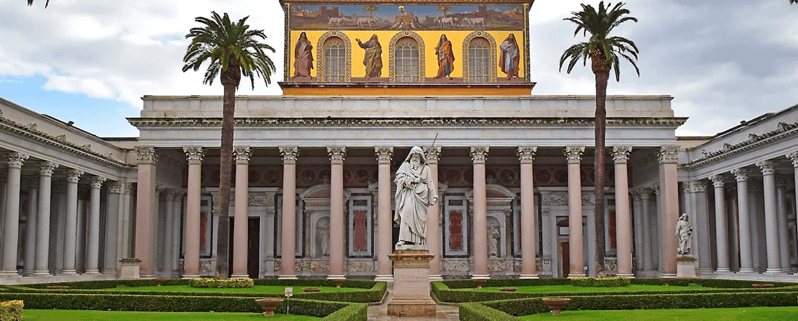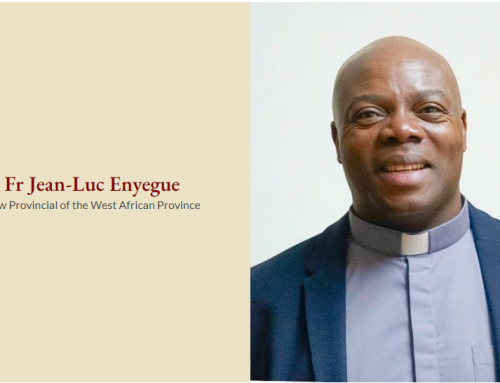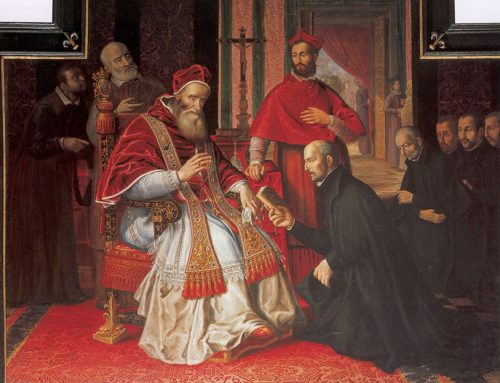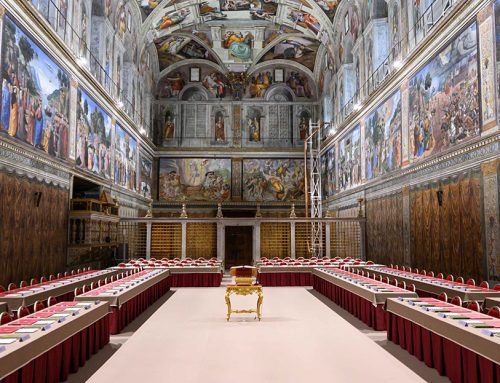Good news for the Church Family of God in Africa. The Congolese layman Floribert Bwana Chui Bin Kositi will be beatified on June 15, 2025, on the Solemnity of the Most Holy Trinity. The mass will be celebrated in Rome, at the Basilica of St. Paul Outside the Walls, where the Apostle to the Gentiles rests. The date and venue were communicated by the Dicastery for the Causes of Saints, as announced by Bishop Willy Ngumbi of Goma in an official statement (vaticannews.va).
It was on Monday, November 25, 2024, that Pope Francis authorized the Dicastery to promulgate the decree recognizing the martyrdom of this Congolese layman (press.vatican.va). But who was Floribert Bwana Chui, and what witness did he bear that led the Church to recognize him as a martyr? A brief overview of his life and testimony is provided in the official profile published by the Dicastery for the Causes of Saints (causesanti.va).
Born on June 13, 1981, in Goma, in the eastern Democratic Republic of the Congo, Bwana Chui was raised in a Christian household, receiving a solid education grounded in faith and moral values. A brilliant student with a strong sense of social responsibility, Bwana Chui quickly became a respected figure at the University of Goma. There, he joined the Community of Sant’Egidio, dedicating himself to serving the poorest and most vulnerable, particularly at a time when the region was grappling with the aftermath of the 1994 Rwandan genocide, the two Congo wars, and the influx of refugees it triggered. Bwana Chui firmly rejected the divisive logic of ethnic tensions that plagued the region.
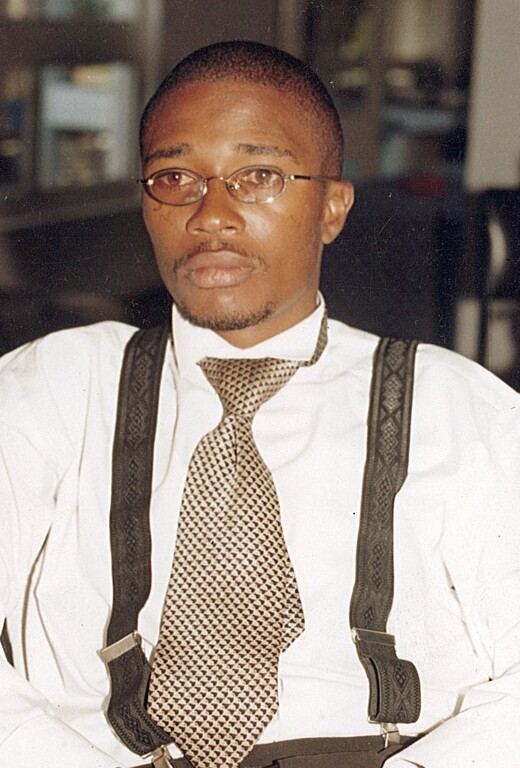
His commitment to justice and the common good became even more evident during his professional career. After completing an internship at the Congolese Office of Control (OCC) in Kinshasa, he was assigned to the customs office in Goma. In this role, he became known for his integrity and courage, particularly for opposing corrupt practices that had become entrenched in the system. One of his most notable acts was ordering the destruction of a shipment of spoiled rice from Rwanda, which had been destined for sale to unsuspecting consumers. This bold decision drew the ire of powerful interests and led to bribery attempts and multiple threats against his life. On July 7, 2007, Bwana Chui was abducted. Two days later, his body was found bearing clear signs of torture – his life taken for refusing to compromise his values.
Since his death, the native of Goma is widely regarded as a modern-day martyr, not only for his unshakable Christian faith but also for his uncompromising commitment to truth, justice, and public service. He openly declared that he would rather die than succumb to corruption – a declaration he lived out to the end. In a country weary of impunity and where corruption kills, through unsafe goods, misallocated resources, embezzlement or conflict over minerals, Bwana Chui’s refusal to yield was revolutionary. His sacrifice continues to resonate as a beacon of integrity and courage, reminding all that authentic witness to the Gospel often demands the ultimate price.
During his apostolic journey in Congo, Pope Francis gave the example of Bwana Chui as a model to Congolese youth:
I think of the witness given by a young person like yourselves, Floribert Bwana Chui, who fifteen years ago, at only twenty-six years old, was killed in Goma for having blocked the passage of spoiled foodstuffs that would have been harmful for people’s health. He could easily have turned a blind eye; nobody would have found out, and he might even have gotten ahead as a result. But, since he was a Christian, he prayed. He thought of others and he chose to be honest, saying no to the filth of corruption. That is what it means to keep your hands clean, for hands that traffic in easy money get stained with blood. If someone offers you a bribe, or promises you favours and lots of money, do not fall into the trap. Do not be deceived; do not be sucked into the swamp of evil. Do not be overcome by evil! Do not trust shady financial schemes that plunge you into the darkness. To be honest is to shine like the day; it is to radiate the light of God. It is to live the beatitude of justice: overcome evil with good! (Cf. press.vatican.va).
Bwana Chui inspires Congolese and African youth to demand transparency, proving that individual integrity can ripple outward, confronting systemic injustice.
His upcoming beatification expands the Martyrology of the Church in Congo. Bwana Chui will join the ranks of Congolese blessed martyrs, including the catechist Isidore Bakanja, Sister Anuarite Nengapeta, and the diocesan Father Albert Joubert, who was killed alongside three Xaverian missionaries. Together, they represent the cloud of witnesses from this young Church, inspiring us by their unwavering attachment to the values of the Kingdom, the glory of God, and the salvation of His people. Others are still on the path to official recognition, such as the Servant of God Christophe Munzihirwa Mwene Ngabo, SJ (Cf. jesuits.org), whose beatification cause is still underway, and also the young Thérèse Kapangala (Cf. la-croix.com) and Sister Marie-Sylvie Kavuke (Cf. Catholic News Agency), for whom many of the faithful are calling for the opening of their causes.
One striking detail is that, like the first two Congolese blessed, Bakanja (aged 22/24) and Anuarite (25), Bwana Chui was not yet thirty when he gave his life for Christ. These inspiring young figures remind us that there is no age limit to bearing witness to one’s faith and to the values that animate us. They testify that there is no age too early to assert one’s freedom in the face of those who would compel us to betray the Gospel principles that uphold human dignity.
Finally, the beatification of this son of Goma comes at a time when his hometown, and a considerable part of his country, remains under the yoke of unjust occupation and a war that continues to bring daily death and unspeakable suffering. May this future blessed, martyr of integrity and honesty, intercede for his nation and for all young people across the world who are confronted with choices and circumstances that test their fidelity to the Gospel and to Christ.
By Christian Kombe Lele, SJ
Hekima University College

